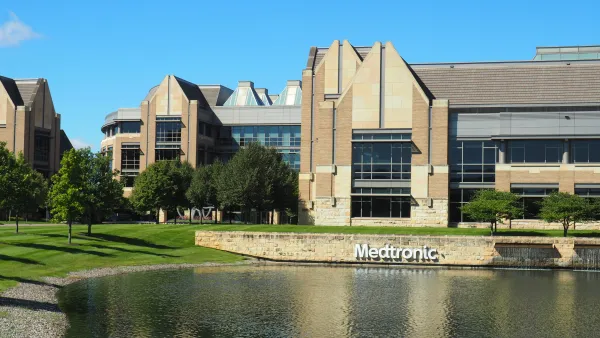Dive Brief:
-
The Agency for Healthcare Research and Quality, a sub-agency of HHS, shut down its clinical guidelines website, called the National Guideline Clearinghouse, on Monday. The cut was announced May 14 of this year and reiterated in a July 12 notice.
-
The clearinghouse was a free repository of evidence-based medical research and clinical practice guidelines that serviced about 200,000 visitors per month. It contained abstracts about each guideline, a chronology of its development, a utility for comparing two or more guidelines simultaneously and links to full-text guidelines and/or ordering information for print copies.
-
The agency blamed reductions in funding for forcing its hand, although the operating budget for the NGO — which has a tumultuous partisan past — last year following the cut was $1.2 million, only 3.5% of AHRQ’s FY 2017 budget.
Dive Insight:
Experts say the 20-year-old database was a critical resource for the entire medical community, including doctors and researchers. The compiled resources and best medical practice guidelines are published by professional, reputable organizations and research institutes.
The closure is "a blow to clinicians, patients, and researchers," Valerie King, a professor in the Department of Family Medicine and director of research at the Center for Evidence-based Policy at Oregon Health & Science University, tweeted out April 26.
Known for its depth and breadth, the site also acted as a gatekeeper for high-quality guidelines, implementing a screening process that rigorously tests the strength of submitted research. For a guideline to be considered, developers must provide NGC with proof and documentation of its systematic review and meet a set of criteria.
“Archived records will be retained as per our records schedule with National Archives and Records Administration and coordination with AHRQ’s records retention policies,” AHRQ media liaison Alison Hunt told Healthcare Dive. Archived records are stored on a secure, backed-up network drive but are not available to the public. Hunt said AHRQ continues to look for a partner to host the NGC, or carry on its work, but that there have been no leads so far.
However, ECRI Institute, the nonprofit that has developed and maintained the NGC since its birth in tandem with the federal government, announced Tuesday they will maintain a version of the site to launch in the fall. Since they are a nonprofit, they plan to charge a fee for access.
AHRQ has a contentious legislative history. It was created in 1989 with bipartisan support to provide rigorous and factual health services research to inform policy, but its budget was zeroed out due to uproar from politically-connected medical groups that had work suffer due to the AHRQ’s fact-based guidelines in 1994, then again in 2012 and 2015.
The NGC is currently funded via the Patient-Cented Outcomes Research Trust Fund, Hunt said — a funding source that “expires in fiscal year 2019. Likewise, the contract to support the NGC ends this year.”
The website is going dark even though AHRQ director Gopal Khanna has said that data proliferation is key for AHRQ moving forward.
“This closure of the NGC is said to be because of lack of funding. If so, doing so is saving pennies to cost millions,” tweeted King yesterday.
Hunt acknowledged the NGC is an important resource, but said that there are alternative guidelines in other places, such as AHRQ’s Electronic Preventative Services Selector, an app “designed to help primary care clinicians identify clinical preventive services that are appropriate for their patients.”
But, unlike the comprehensive NGC, those recommendations are taken solely from the U.S. Preventive Services Task Force.














